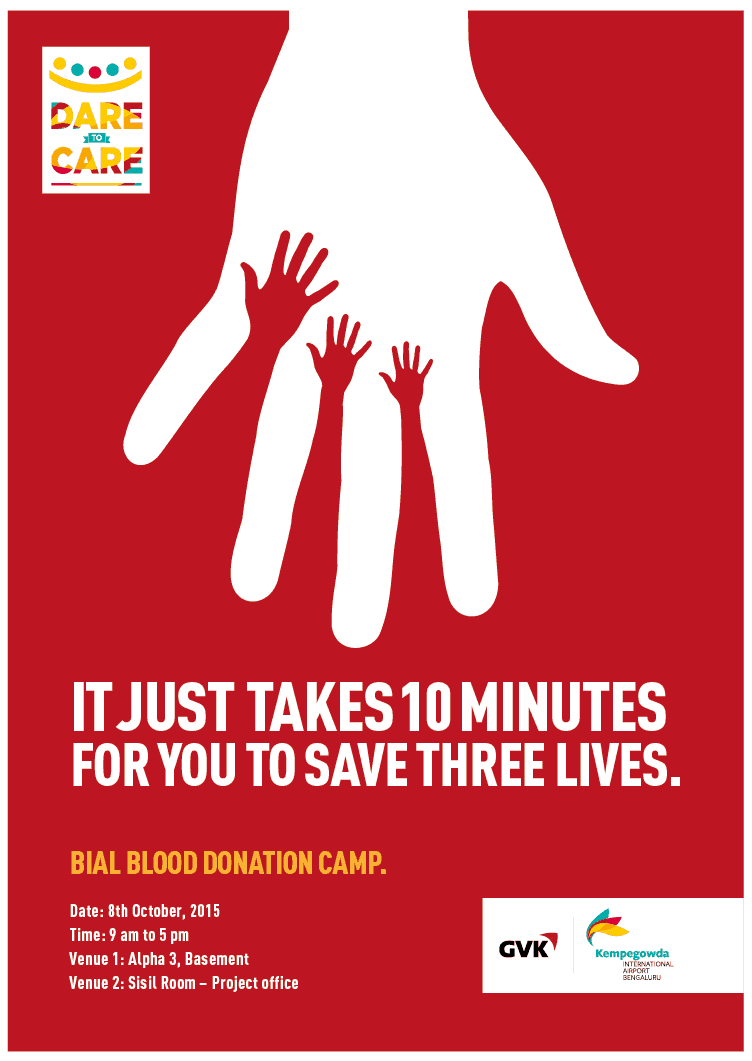If enough blood is in stock with hospitals and banks, there is no need for last-minute panic when a patient needs transfusion. that is why volunteers need to step up
If you want to give back to society, there’s one way you can do it without pinching your pocket. Yes, you can do your good deed for the day by donating blood. In fact, World Blood Donors Day is celebrated this week every year as a reminder that while you enjoy good health, you can spare a few minutes and a few drops to help someone having a tough time in hospital.
To update myself about blood donation, I spoke with Dr Aseem Kumar Tiwari, Director and Incharge of the Department of Transfusion Medicine at Medanta — The Medicity Hospital, Gurugram. Medanta organises several blood camps every year. These camps are great way of collecting voluntary blood donations since they are generally preceded by a campaign. Moreover, they are a way of taking donor-couch to the donor, making it more convenient for the donor, who does not have to make a trip to the blood bank for the purpose. Recently, a camp was organised on Nurses Day, where a large number of volunteers (mostly nurses, doctors and other hospital staff) came forth for blood donation.
An interesting fact which Dr Tiwari wants us to remember is that donated blood is used for more than one patient, leading to the commonly used catchphrase of most campaigns and camps “Donate blood — Save three lives.” This is because blood components like red blood cells, platelets and plasma are separated and given to different patients according to their needs. “Like in the West, large hospitals use blood components only and even in the country as a whole, component separation seems to be growing with every passing year,” he informs.
“Blood components have short shelf lives and since there is more demand than the supply; almost all blood components get used up,” says Dr Tiwari. Be assured, the donated blood will get used in one patient or the other and will never go waste. Only infected persons can’t donate blood — like those suffering from flu.
His own hospital usually has sufficient blood inventory to take care of all the requirements of its own patients and those admitted in adjoining hospitals. “We request family members and friends of the family to replace blood used by their patient(s). However, this issue of ‘replacing’ is dealt with lot of care, compassion and empathy ensuring that nobody gets hassled.
Foreigners and patients coming from far-flung areas are given special leeway.” So how often can a healthy person donate blood? Men can donate every three months while women can do it once in four months. The goal, doctors say, is to achieve 100% volunteer donations. For this, everyone (including media) should respond to appeals by Red Cross, Rotary Club, Lions Club several other non-profits. National AIDS Control Organization (NACO) is the guiding force. Look up centralised web-site (eRakt Kosh), where blood banks display their stock.





